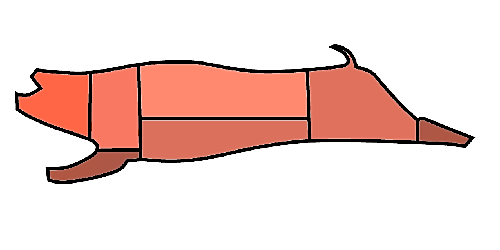A cornerstone of Urban Food Chains crystallised this evening. Fundamental to the structure of a supply chain is the basic unit of transport and energy. Taking three major themes of this blog, let’s unpack the topic. First, before the dawn of time, generations of early agriculturists worked for millennia to domesticate species and crops that we would recognise today. They also tamed fire, an evolutionary trump card. Their lasting achievement was to breed forerunners of today’s strategic ungulates: cows, pigs, sheep and horses. Fast forward to the early twentieth century, when the first world war slaughtered millions of draft animals.
This high tech cull of horses, in particular, damaged the bedrock of the agricultural world. Livestock numbers would take decades to restore, if indeed there was either the economic resources or the political will to do so. The first world war was a reset that made way for change on a global scale, for humans and animals alike. Thousands of years spent establishing stable working relationships turned to dust in the heat of battle.
The penny dropped when I read Christopher Turnor, an author of the time, complaining that the UK had too many pastures, they were blocking food production. The origins of all this empty grassland are to be found in Edwardian England, but the wartime cull of draft animals accelerated the trend. The rest is not so much history as a race to plug the economic gaps left by the ravages of war.



